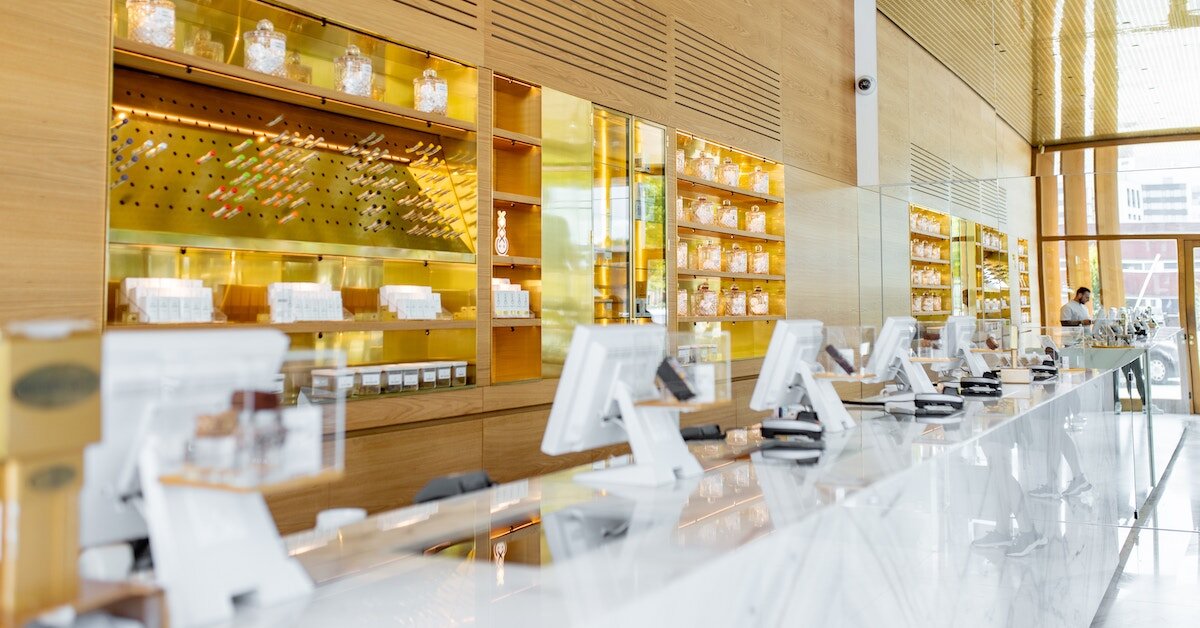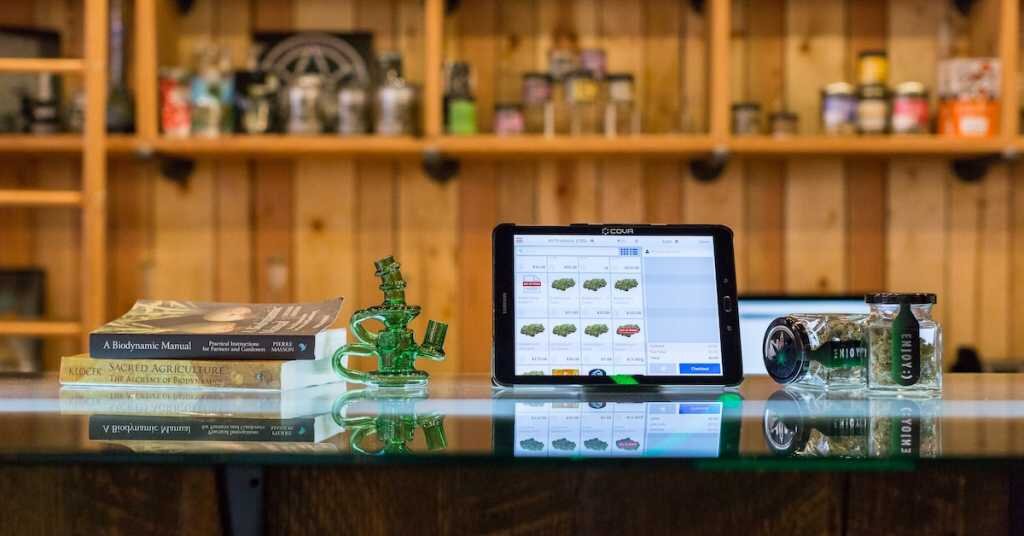Building Green Portfolios: Investing in Cannabis Commercial Real Estate
Category: Learn

With the cannabis industry showing signs of accelerated growth, savvy commercial real estate investors are exploring whether to invest in cannabis properties. Thirty-nine states in North America have now legalized either medical or recreational cannabis use. This burgeoning industry is projected to generate $50.7 billion in legal sales by 2028.
However, navigating the complex and constantly changing landscape of legal cannabis can be challenging for entrepreneurs and investors alike. With varying state and local regulations, legal requirements, and infrastructure, entering the cannabis industry requires a thorough understanding of the legal and financial implications.
To succeed in this competitive environment, you must have the necessary knowledge to navigate the regulatory framework and legal requirements for investing in the cannabis industry. Here are the basics you need to know to get started.
What is Your Cannabis Business?
Different cannabis business models require specific types of buildings for their operations, depending on whether they grow cannabis for retail, medicinal or commercial purposes, or for extraction and processing.
Indoor cultivation requires a different building type than outdoor cultivation; extraction and processing companies need specialized equipment and ventilation systems, while retail dispensaries must prioritize customer safety and welcoming ambiance. Before jumping into the market, it is crucial to determine the most suitable building type that can accommodate your cannabis business model’s specific requirements.
Tax requirements for cannabis businesses can vary depending on the city and state in which they operate. Since cannabis is still classified as a Schedule I drug under Federal Law, tax-related regulations for business owners are still being formulated. Consequently, cannabis businesses cannot write off cannabis-related expenses on their commercial real estate-related filings.
Additionally, states and municipalities have imposed local taxes on cannabis businesses, hoping to benefit from the growing demand. Lastly, it’s worth noting that almost all states with cannabis legalization require the entity filing for a cannabis license to be located within the state. While out-of-state owners can acquire cannabis commercial grow facilities or dispensaries, they must operate within state lines to stay exempt from federal regulations.
Zoning commercial property for cannabis use
Legal requirements for cannabis real estate can differ significantly from state to state. To operate a cannabis business, the land or greenhouse must be zoned for cultivation, and retail dispensaries need a lobby for ID checks in some states. Property security systems are also required for processing centers in many states. To navigate these legal requirements, investors must choose their business location carefully, considering tax rates, advertising rules, and security regulations.
In addition to specific building requirements, some states limit the number of cultivators, processors, or dispensaries allowed in a city or county line, and each state has a unique licensing and application process. For new investors, it can be challenging to navigate these complex regulations and understand the actual costs associated with cannabis property acquisition. As a result, due diligence and research are critical to avoid expensive mistakes and ensure success during the application process.
Investing in Cannabis Commercial Property
Acquiring the right property is critical for cannabis businesses seeking regulatory approval. In fact, most marijuana businesses are required to acquire a property, or at least show the intent of acquisition, as part of their license application process. Therefore, it’s essential to research and select the perfect property that meets your specific operational requirements and regulatory needs. Knowing your cannabis business’ needs ahead of time can help you identify the right property and ensure a successful licensing application.
Indoor vs. Greenhouses vs. Farmland Growing
When it comes to growing cannabis, both indoor and outdoor commercial agricultural properties will follow similar fundamentals to other agrarian businesses like tomato or flower producers.
For an indoor grow facility, the building must have proper lighting and water systems that enable you to apply the desired cultivation techniques—using soil or hydroponics, for example. You’ll also need enough room and climate control capabilities for airflow to circulate, preventing mold from excessive humidity. Adequate space is required to keep different cultivars (types of cannabis) separated to avoid cross-pollination.
Lighting is a major consideration when selecting a property. Generally, 18 hours of direct light and 4 hours of darkness make up a typical cannabis plant’s growing cycle. The ratio changes to 12:12 right before the plants produce buds. A facility must be capable of providing high-wattage lighting that mimics natural sunlight. Owners can reduce the electrical costs of these operations by setting up shop in a greenhouse or outdoor cropland; however, such an environment increases exposure to pests and extreme weather events.
On the upside, many turnkey solutions on the market are ready to supply plants with all their needs—as long as the property is zoned for cannabis production and fulfills local requirements.
Retail property for cannabis dispensaries
When investing in a dispensary, it’s important to consider the same licensing requirements and regulations needed for other cannabis properties. In addition, any existing retail building must be brought up to code for the local and state requirements for cannabis store operations. This includes features such as product displays, lobbies, security systems, and personnel.
If a dispensary also offers medical marijuana, the facility may need additional space for physicians to consult with patients. On top of this, a successful business will likely be part of the package for acquiring or leasing a dispensary—adding another layer of due diligence to factor into the acquisition process.
Processing and manufacturing centers
When manufacturing cannabis products other than the flower itself—like edibles—businesses often require commercial-grade, cannabis-zoned facilities. For edibles specifically, kitchens with proper storage, refrigeration, and security features are needed. For manufacturers of other processed cannabis products, industrial properties or warehouses with the necessary utilities to power heavy machinery are more likely to be used.
It’s important to remember that many master industrial leases—particularly those owned by institutional investors—prohibit the use of cannabis. As such, zoning and licensing requirements must be considered when evaluating potential new sites for any cannabis business.
The Bottom Line
Investing in cannabis commercial real estate has the potential to be extremely profitable. With limited spaces and opportunities, the demand for these properties is expected to rise. For those willing to do due diligence and dedicate their resources, acquiring such an asset can shine brightly in n portfolios.




